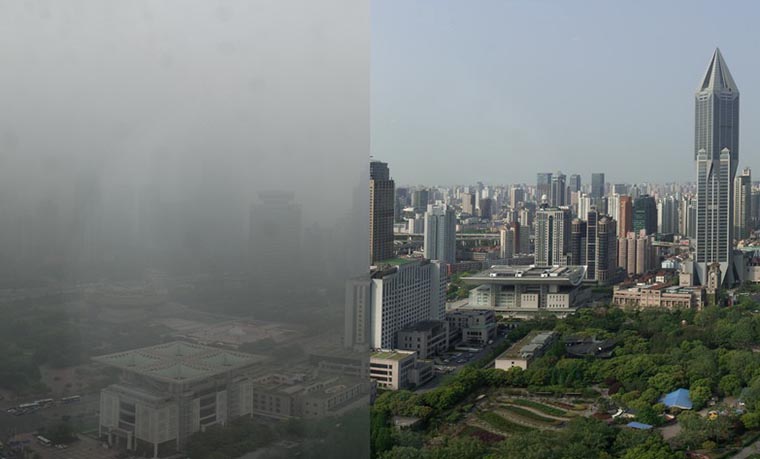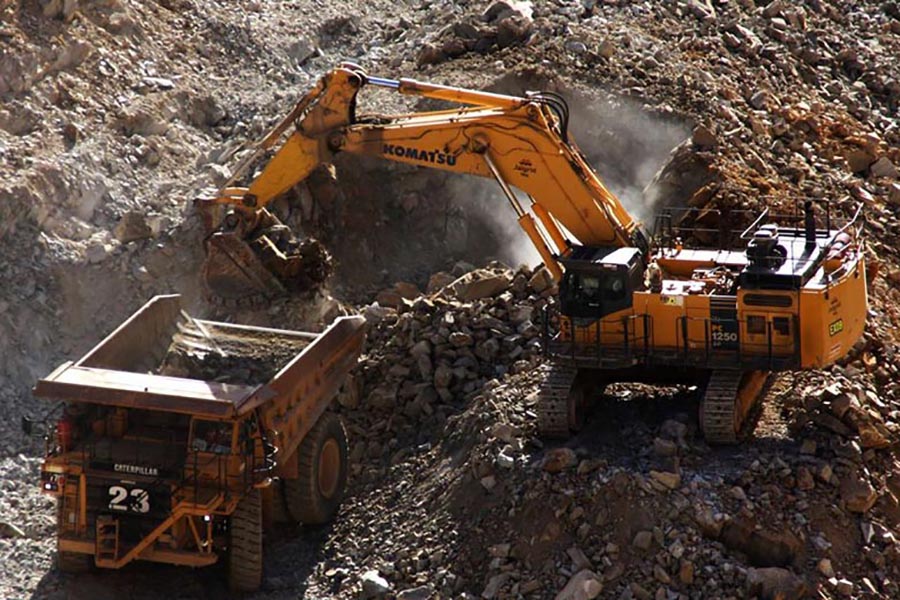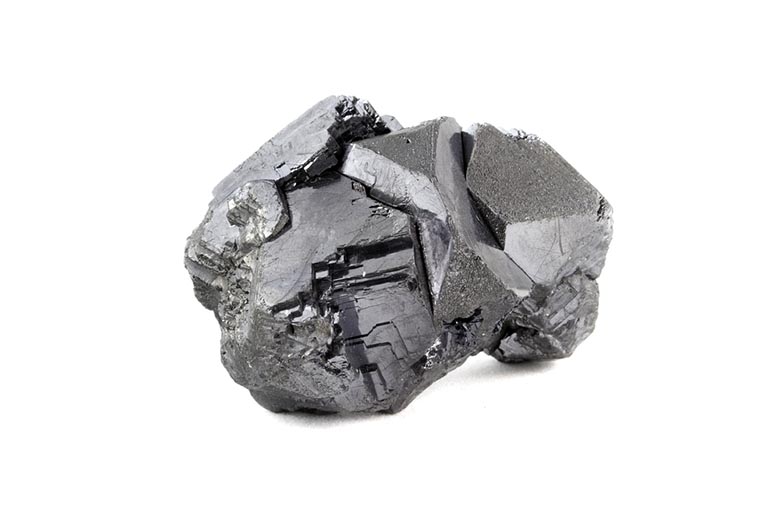Humans and all other living organisms cannot live without air. However, humanity is systematically polluting the environment, and the consequences of this are already being felt.
Cool facts about air
- Ordinary people can do without air for twenty to thirty seconds, sometimes more. But this ability can be developed by training! Several record holders may not breathe for more than twenty minutes.
- The air consists not only of a mixture of gases but also of many impurities, such as fungi, dust, mold, grains of sand, etc. The human respiratory system filters these impurities when inhaling, but only when breathing through the nose, not through the mouth.
- The carbon dioxide content in the air is quite high, as all animals exhale it while consuming oxygen. Fortunately, plants need carbon dioxide, they absorb it and give away pure oxygen in return.
- In the past, scientists believed that air is homogeneous and that it consists of a single substance. However, in 1754, the scientist Joseph Black convincingly proved that in fact, it is a gas mixture.
- There are 10 gases in the air (in noticeable quantities), including carbon dioxide, which is toxic for us but only in large quantities. About 78% of the Earth’s atmosphere volume is nitrogen, and a bit less than 21% is oxygen.

Random facts
- We consume air continuously, including during sleep. As the calculations of scientists have shown, the average adult consumes about 40 pounds (~18 kilograms) of it per day.
- Different human organs have different needs for oxygen. The brain consumes about a quarter of all the oxygen we inhale. That’s more than any other organ.
- It is believed that the forests of South America and the taiga of Siberia make the greatest contribution to atmosphere purification. However, some scientists believe that algae contribute even more. This makes sense: algae grow everywhere, in all oceans, seas, lakes, rivers, and even on dry land.
- Air provides our planet with thermal insulation. Accordingly, the more sparse it is, the colder it is, so it is always colder in the mountains than at sea level. Scientists call it “a greenhouse effect”.
- Despite the fact that the air seems so weightless, it begins to feel so that it can be touched at high speed. That is why small meteorites entering the Earth’s atmosphere burn up from friction before reaching the surface.
More facts
- The most important component of air is oxygen. Nitrogen doesn’t participate in the respiratory process in any way. If it were suddenly replaced with some other gas that doesn’t interact with living organisms, this would not harm them.
- It is chemical composition is heterogeneous. There is much more oxygen in the lower atmosphere over equatorial forests and the Siberian taiga than over deserts and tundra.
- The air in cities is much more polluted than in the countryside. According to statistics, city residents are much more likely to suffer from various diseases of the respiratory system than villagers.
- The city of Chiang Mai in Thailand ranks first in the anti-rating of cities in the world with the most polluted air sometimes, in March and April, but just for a few days usually. This is due to the fact that the Thai, Lao, and Burmese farmers burn last year’s dry grass. This also causes wildfires, and thick smoke covers all of Northern Thailand.
- The atmosphere content changes as you climb higher and higher into the atmosphere. The air becomes “thinner” as elevation climbs because there are fewer air molecules up there. Mountain climbers often have to use oxygen tanks when they climb above 12.500 feet (3.800) because there is not enough oxygen in the atmosphere for most people to breathe.

Facts about air pollution
- The air is polluted not only because of cars and other vehicles with internal combustion engines. The second most important pollution factor is wildfires.
- Switzerland ranks first in terms of air purity on average. China has the most polluted феьщызруку on average in the country but states such as India, Pakistan, and Bangladesh also have the same problem.
- Cars with internal combustion engines consume much more oxygen than people. However, at the current level of technology development, electric cars are not much more environmentally friendly, since a lot of “dirty” industries are involved in the production of batteries. The energy they consume is often produced in “dirty” ways, too.
- Plenty of spots on Earth are competing for the title of the place with the purest air: the Himalayas, the Andes, and the Caucasus Mountains. However, the purest air is on the Australian island of Tasmania.
- The air in the room is always 20-30 times (or even more) more polluted than outside, on the street. There is only one possible exception here: if your room is nearly airtight, and you use an air purifier.


